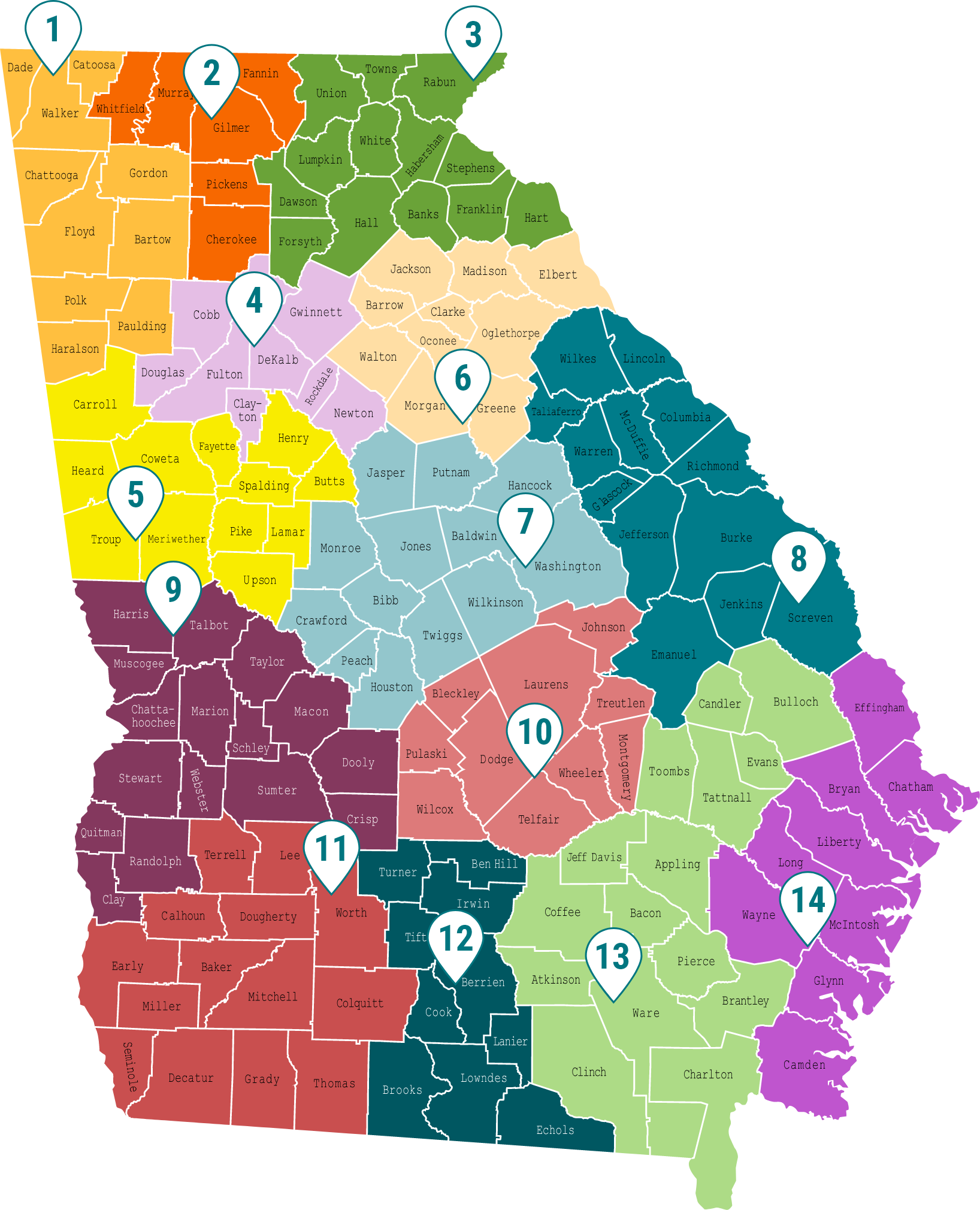The Challenge of Evaluating Developmental Dyslexia When 50% of Third Graders Can’t Read: Brain Imaging, Clinical, and Academic Data From a Study of Children in Brazil
VirtualIn this presentation, we will examine a host of brain imaging, behavioral, clinical, and academic data of Brazilian children with developmental dyslexia (DD). The overarching goal will be to analyze the characteristics of children with DD relative to their peers from the perspective of brain function and structure as well as academic and cognitive performance. The presentation will be based on data from eight years of a no-cost outpatient evaluation service that was part of a study of developmental dyslexia at the Brain Institute of Rio Grande do Sul, Brazil. We will also address the challenge of diagnosing developmental dyslexia in an academic setting where third graders who can’t fluently decode simple words are not an exception, they are practically the norm. We will discuss fMRI and MRI results from children with DD and from a longitudinal study that began in third grade and followed children until sixth grade. In addition to underscoring how the imaging and behavioral findings corroborate the existing literature on neurocognitive mechanisms of DD, we will incorporate a discussion of DD and its interaction with other traits, such as difficulties in math, differences in non-linguistic working memory spans, and automated measures of storytelling skills (graph theory).
Learning Objectives
Analyze the neurocognitive, behavioral, and academic characteristics of children with DD.
Integrate the discussion of DD with difficulties in math and with evaluations of executive function and academic performance.
Address the challenge of diagnosis in an environment where third graders who can’t fluently decode words are not an exception.











